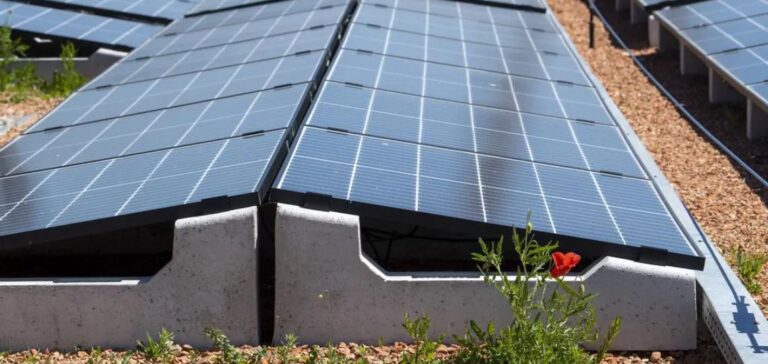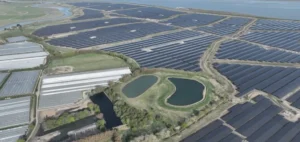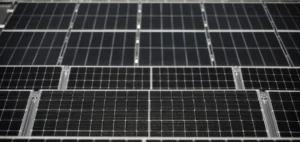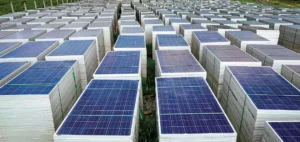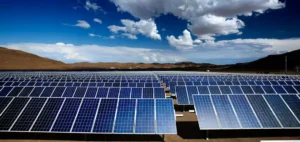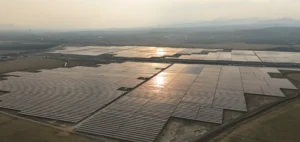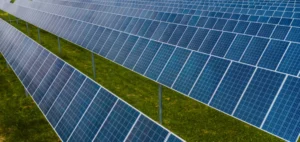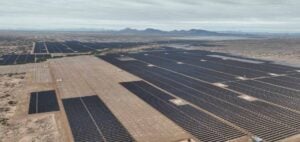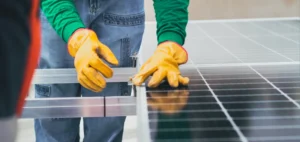Innovations in photovoltaic panels will continue to “reduce” solar energy costs over the next decade.
Wood Mackenzie claims that improving module efficiency and energy class “will propel the downward trend in capital expenditure” and “reduce the cost of energy fixed at the solar level”.
Innovations in photovoltaic panels will help “reduce” solar energy costs over the next decade.
In its latest report, Wood Mackenzie points out that the global solar industry has experienced “enormous growth” over the past 10 years, and that annual demand for solar energy has therefore increased year on year. Associated costs, meanwhile, have fallen considerably.
The analysis, entitled Solar PV Module Technology Market Report 2020, predicts that, in the 2020s, solar panel costs will continue to fall, but at a “much slower pace”.
It also insists that improving panel efficiency and energy class “will propel the downward trend in capital expenditure” and, ultimately, “lower the cost of energy fixed at the solar level” (LCOE).
Modules using Solars Wafers M10 and G12 will be the “dominant technologies”.
Wood Mackenzie’s research focused on three technologies – large wafers, n-type cells and cell- and module-level techniques – all of which have the potential to improve the class and efficiency of solar modules.
Dr. Xiaojing Sun, Senior Analyst at Wood Mackenzie and author of the report, said, “We found that photovoltaic panels made from large wafers, such as the M6, M10 or G12 format, could reduce the capital expenditure of a utility-scale solar project by 3-9%.”
“The cost savings would be attractive to solar developers and installers, driving market adoption.”
Wood Mackenzie data show that total manufacturing capacity for wafer-based M6, M10 and G12 modules will reach 28 gigawatts (GW), 63GW and 59GW, respectively, by the end of 2021.
By 2025, the production capacity of modules using Solars Wafers M10 and G12 should exceed 90 GW, making them the “dominant technologies” in terms of manufacturing capacity.
Dr. Sun said, “It’s important to emphasize that market adoption of large panels depends on the co-evolution of system balance components such as inverters.”
“Since the start of 2020, numerous industry alliances have been formed to ensure that the entire solar ecosystem evolves to support the adoption of large modules.
“If the industry’s efforts bear fruit, we expect the largest installation projects in 2021 to be around 40% crystalline silicon panels. By the end of 2025, panels made with wafers and smaller in size than M6 will be phased out of the market.”
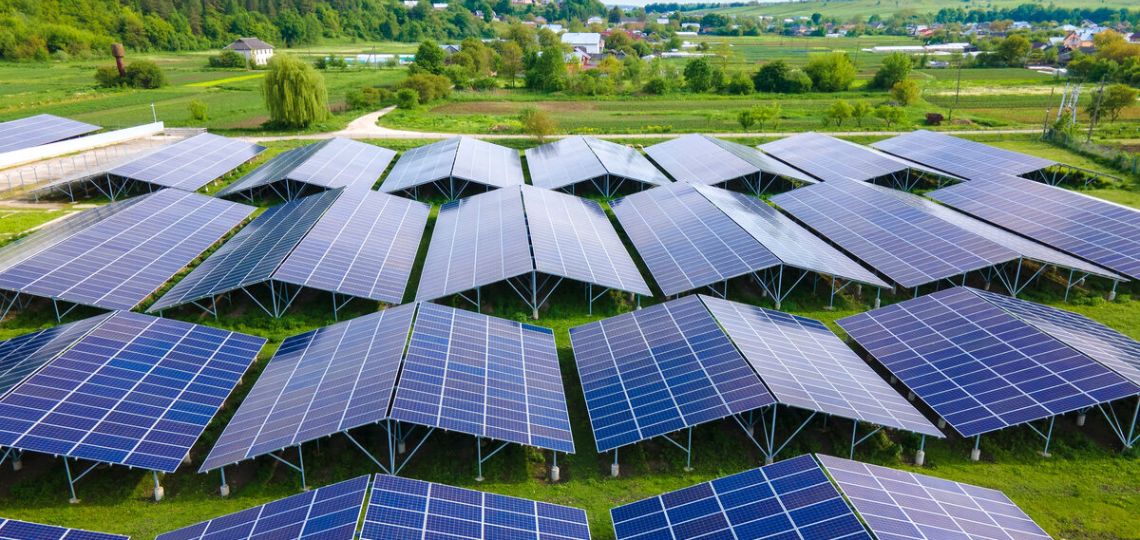
The 2020s will be marked by “rapid technological innovations in solar panels”.
The report also looked at n-type panels, such as HIT and TOPCon, which could generate more power per panel due to the higher efficiency of their cells and have lower degradation rates.
Unlike larger panels, n-type panels don’t currently deliver capital expenditure and LCOE savings in utility-scale solar projects, but their high production costs offset non-system cost savings.
Dr. Sun said the analysis shows that TOPCon and HIT panels will need a power class premium of at least 40W and 90W, respectively, or a price reduction of 6% and 20% in order to compete with mono PERC.
The research suggests that the 2020s will be a decade marked by “rapid technological innovations in solar panels”, leading to “significant increases in panel energy class and better efficiencies.”

